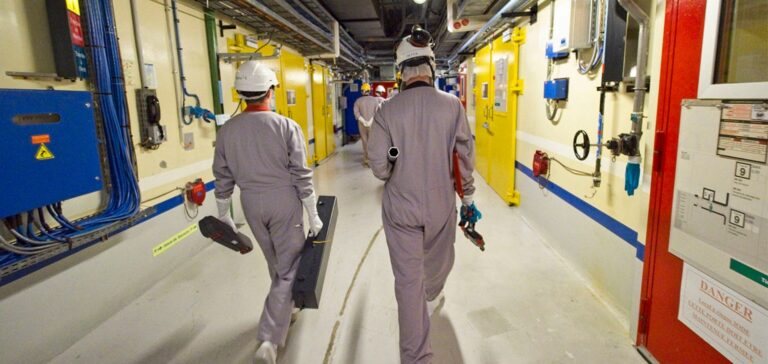The Groupement des Industriels Français de l’Énergie Nucléaire (GIFEN) submitted a report entitled “MATCH” to the French government on April 21. The MATCH program is a tool for sharing forecasts of human and technical resource requirements for the next 10 years, and for guiding the actions necessary to match these capabilities.
The nuclear industry needs engineers
According to the report, the engineering profession is projected to have 16,700 jobs in 2033, a 10% increase over the current workforce. French engineering companies have all the necessary skills to meet the demand linked to the objectives of carbon neutrality, reindustrialization and energy sovereignty.
They have been working for several years to structure themselves collectively in order to strengthen initial and ongoing training, attract more talent and optimize their performance in the service of the sector’s collective efficiency. The most sought-after engineering jobs will be process engineer, general installation engineer, draftsman, mechanical design engineer, BIM designer and nuclear safety engineer.
A talent pool for the nuclear industry
The profession has structured itself to meet one of the challenges of the century. For several years, the nuclear industry has been structured and put in order to regain its highest level of quality and excellence. It has a talent pool of nearly 15,000 FTEs currently working on projects in other sectors, but which can be mobilized for the nuclear industry.
The companies in the segment have already started recruiting and have a strong international presence. Engineering needs concern all operators and project types, and are expected to increase in the early part of the 2023-2025 period due to the commitment of new reactor construction projects and fuel cycle facilities.






















